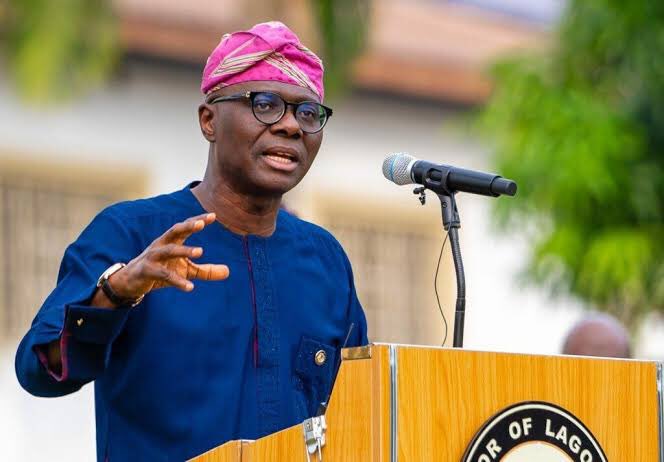Lagos launches digital house-numbering system to improve property identification and services
Summary
- Lagos State unveils digital address project to curb tax evasion and boost service delivery
- QR-coded plates and aerial mapping form backbone of new property tracking system
- Initiative sparks mixed reactions over local government roles but earns praise for innovation
Lagos, Nigeria — The Lagos State Government on June 24, 2025, officially launched the Lagos Identity Project, a digital house-numbering initiative designed to enhance property identification, service delivery, and urban governance across the state.
Spearheaded by the Enterprise Geographic Information System (e-GIS) and supervised by Mr. Olajide Babajide, Special Adviser to Governor Babajide Sanwo-Olu, the project introduces standardised digital address plates embedded with QR codes and local government colour identifiers.
Developed in partnership with Interspatial after two years of comprehensive aerial mapping, the system aims to tackle issues like tax evasion, untraceable properties, and poor emergency response by offering a globally compliant civic address solution.
In the words of Governor Sanwo-Olu, who noted that scanning the QR code on a building will grant access to essential property information for residents and relevant stakeholders, “This project is about providing Lagosians with world-class services they truly deserve.
“We’ve had issues ranging from tax evasion to untraceable addresses. This new digital system is the solution.” He said.
The initiative, fully funded by the state government, involves trained Ibile youth and collaboration with local governments, though concerns have surfaced over its possible overlap with constitutionally assigned local government duties.
Public responses have been divided, with many lauding the technological innovation and improved access to services, while others question jurisdictional clarity.
“Ibile” in Yoruba refers to someone or something native to the land, a “son of the soil”. However, in the context of Lagos, it highlights the indigenous heritage and local identity of the people and places within these divisions, and forms an acronym used to refer to the five divisions of Lagos State: Ikeja, Badagry, Ikorodu, Lagos Island, and Epe.
Officials say the project will enhance security and service delivery while driving internally generated revenue and improving the ease of doing business, positioning Lagos as a leader in digital governance in Nigeria.







